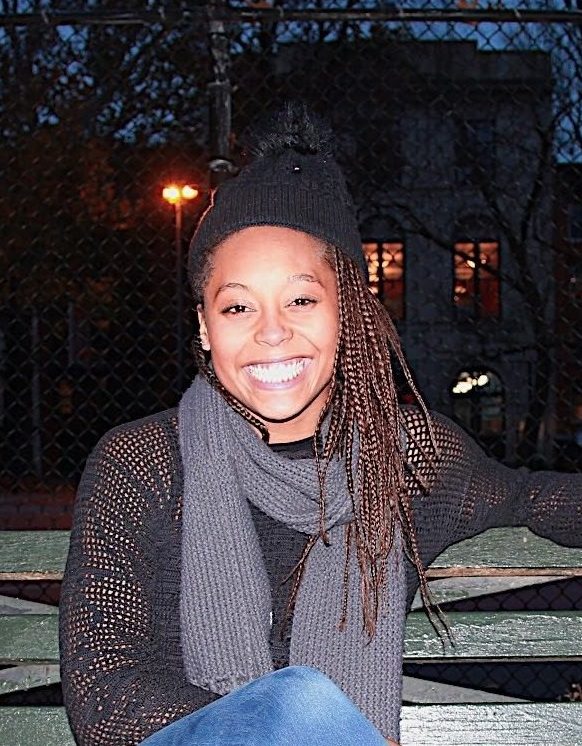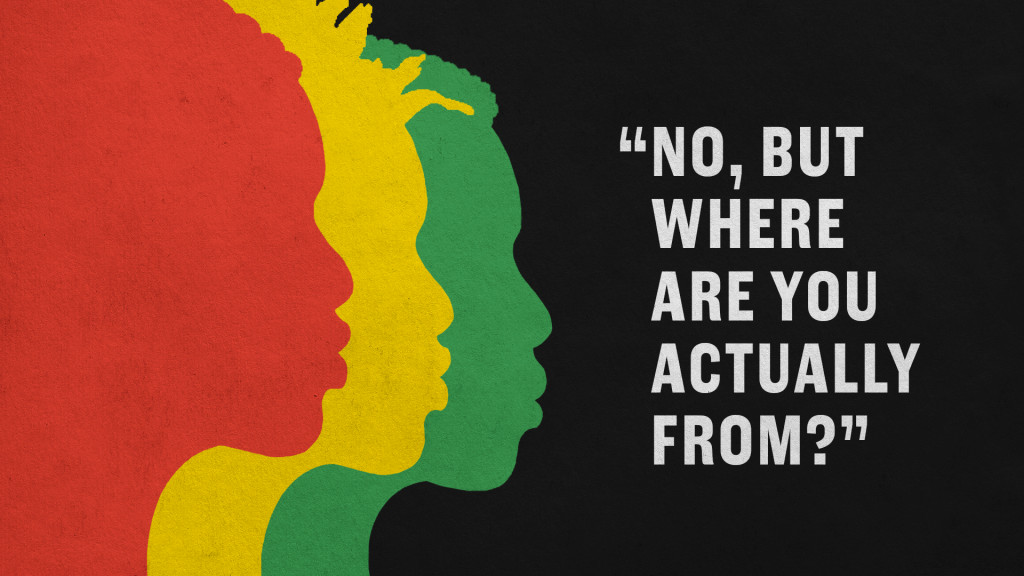Welcome to our special section, Thrive Global on Campus, devoted to covering the urgent issue of mental health among college and university students from all angles. If you are a college student, we invite you to apply to be an Editor-at-Large, or to simply contribute (please tag your pieces ThriveOnCampus). We welcome faculty, clinicians, and graduates to contribute as well. Read more here.
I would like to preface this piece by stating that I feel incredibly uncomfortable writing this article.
I would like to challenge the various microaggressions that I have experienced as a Black female who is 21 years old and attends New York University. A microaggression is defined as the racial biases that verbally or nonverbally generate intentional or unintentional derogatory comments that are directed at a person who identifies within a marginalized group.
The position that I am in may seem contradictory as a result of N.Y.U. being seen as an institution that welcomes an assorted collection of “like-minded” students in one of the most racially, ethnically, sexually, and intellectually diverse cities in the world. Nevertheless, I and many other people of color have experience targeted forms of racism that are indirectly spoken.
I am beginning to realize that as institutions and people claim this torch of “racial inclusion,” we garner a melancholy attitude towards difficult subjects such as race and racism. I am writing this article in an effort to generate a conversation about racial confrontation.
I would like to further an understanding of discomfort in an effort to understand how we can more effectively discuss “awkward topics” in an oppositional, as well as beneficial, way for all who are involved. Personally, I have too often felt myself react passively in these moments of pain, as someone who is white or of color makes jokes about my own pigmentation that I would never think to make about them.
Even in 2020, it is clear that there are institutionalized ideologies that have constructed “white people lanes,” which I have referenced in the poem below. As most of you know, these “white people lanes” have deliberately been drawn through various forms of racial discrimination, segregation, and contempt. In modern times, while the creation of chattel slavery has been dismantled in most cases, the Black experience still includes a high level of perseverance when dealing with racial confrontation.
For instance, throughout my life, I have found myself laughing off racist “jokes” that are not funny, as I sit in an unfamiliar setting with strangers who know very little about my story beyond the color of my skin. For these reasons, it is crucial to treat one’s word choice as a delicacy, and if one were to exert an affliction on another being, then it should be handled with grace.
According to Angela Davis, “We don’t always have to take what is given.” This is why I would like to encourage myself and those who have “respectfully” remained silent to immediately confront seemingly harmless racial microaggressions. I am urging you to directly challenge their ignorant choice of wording because discomfort breeds change.
White People Lanes
“Oh you know, the one that looks like you?
With the braids . . . She’s light skin…”
I’m sorry, listening is better than saying the words that you said
A friend.
I’m sorry, barley hearing the ignorance of bliss that you said
Pretend.
I’m sorry, striving while you’ve forgotten the words that I said
The end.
I’m tired of the knowledge that I crave to obtain
Lost, feeling insane.
I’m tired of the education you choose to ignore
F***, this is to blame.
I’m tired of the Blackness you make me explain
Nah, we will never be the same.
“Where are you from? No, but where are you actually from?”
No belief in that rage
No interest to engage
No conflict when writing these white people lanes
“I’m going to invent the next Underground Railroad!”
A joke
If I don’t laugh then I’m lame
It’s a ha ha ha.
It will never be okay
Whiteness isn’t funny
And, Blackness isn’t your claim to fame.
Punch lines like crying
And, we will never be the same.
Equality isn’t my aim
Fighting to experience a life beyond your idealistic Plain Janes.
Punch lines like crying,
Fulfillment is lying,
I’m detouring this drive through your white people lanes.
How to effectively respond to racial microaggressions:
- Just do you. Because you’re not responsible for educating them.
- Don’t be afraid to say, “No, thank you for asking,” i.e. if someone asks to touch your hair.
- Be straight up. Fact-check their word choice and correct their mistakes.
- Explain your feelings. If someone hurts you, tell them why.

Subscribe here for all the latest news on how you can keep Thriving.
More on Thrive Global on Campus:
What Campus Mental Health Centers Are Doing to Keep Up With Student Need
If You’re a Student Who’s Struggling With Mental Health, These 7 Tips Will Help
The Hidden Stress of RAs in the Student Mental Health Crisis


